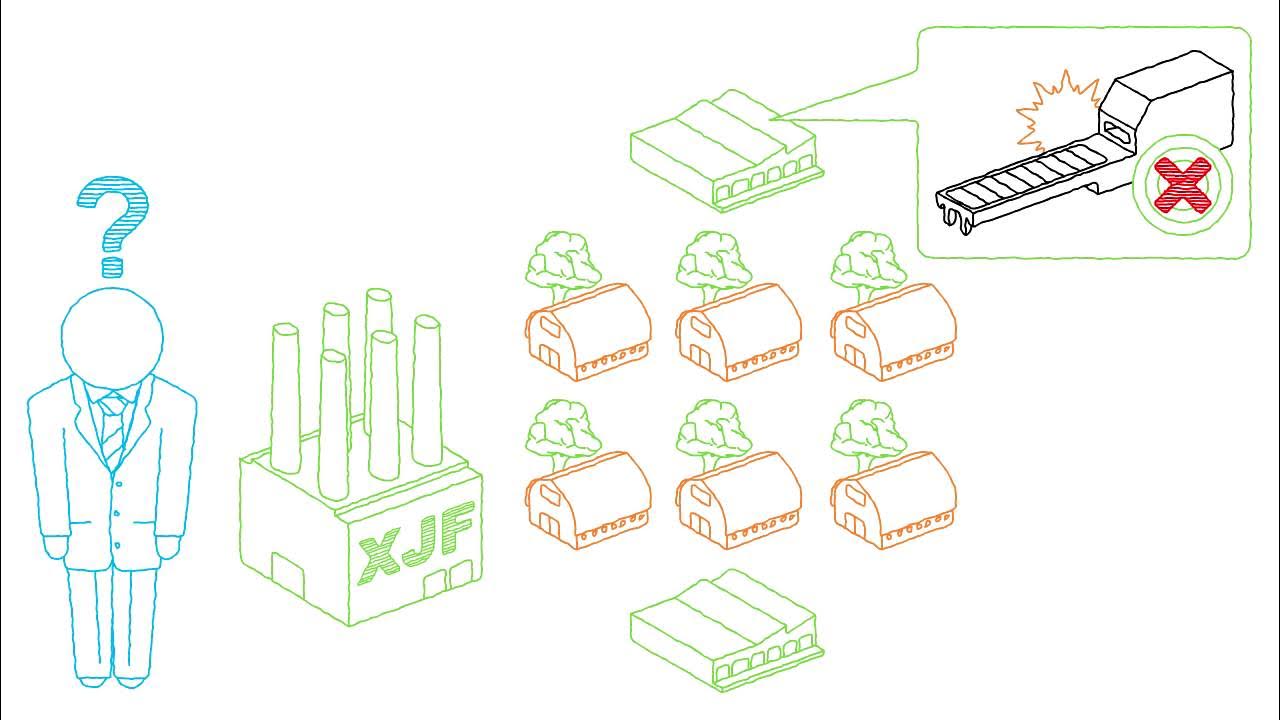Short-run oil prices | Supply, demand, and market equilibrium | Microeconomics | Khan Academy
Summary
TLDRThis video delves into the complexities of oil pricing, examining how costs are distributed across the supply chain from retailers to producers. It explains the roles of refineries, transportation networks, and retailers, highlighting how oil producers profit most when prices rise. The video also discusses how oil prices are influenced by supply and demand in the long run, versus psychological factors and market speculation in the short run. Geopolitical events and futures trading play a key role in price fluctuations, demonstrating how short-term oil prices can be affected by sentiment rather than fundamental market conditions.
Takeaways
- 😀 Retailers generally earn between 5 to 20 cents per gallon of gas, with most in the 10-15 cent range.
- 😀 Oil prices don't always have a direct impact on all players in the supply chain, especially refineries and retailers.
- 😀 Oil producers are the most directly impacted by oil price fluctuations, as they make significant investments in exploration and drilling.
- 😀 The price of oil is influenced by both supply and demand and by market psychology, which can lead to significant short-term fluctuations.
- 😀 In the short term, oil supply is relatively inelastic, with suppliers typically continuing to pump at pre-established levels regardless of price changes.
- 😀 The oil market operates differently in the long run, where higher prices can lead to increased exploration and capacity expansion, and lower prices may cause producers to leave oil in the ground.
- 😀 Market psychology, including the actions of traders in futures markets, plays a critical role in determining oil prices in the short term.
- 😀 Geopolitical events, such as tensions in the Middle East, can drive oil prices up or down, as traders react to perceived threats to supply.
- 😀 The price of oil can be influenced by factors like technological advancements, regulation changes, and global economic growth in the long term.
- 😀 Futures contracts are a key mechanism in the oil market, allowing traders to buy and sell oil for future delivery, which can influence price movements even when supply and demand conditions don't change.
Q & A
What percentage of the gas price goes to the retailer?
-Typically, the retailer gets between 5 and 20 cents per gallon, though it often falls within the 10 to 15 cent range. This portion is relatively fixed and doesn't fluctuate much with the price of crude oil.
How do taxes impact the price of gas at the pump?
-Taxes on gas are often fixed on a per-gallon basis and do not change with the price of oil. This means that tax rates can be a significant part of the overall cost per gallon, depending on local regulations.
Why don’t refineries' profits directly correlate with oil prices?
-Refineries' profits depend not only on oil prices but also on refining capacity and demand. If refining capacity is underused, even high oil prices might not result in significant profits. Conversely, when refining capacity is tight, refineries can charge higher premiums.
How do oil producers' profits change with fluctuating oil prices?
-Oil producers make large profits when oil prices are high since they can sell their extracted oil at a much higher price than it cost to drill. However, when oil prices drop significantly, they can face major losses, especially if they have already made large investments in drilling infrastructure.
What is the role of psychology in short-term oil price fluctuations?
-In the short term, oil prices are heavily influenced by market psychology, including speculative trading and reactions to geopolitical events. Futures contracts allow traders to bet on oil prices based on anticipated future events, which can cause price swings that aren't directly tied to supply and demand.
How does the long-run supply curve of oil reflect production costs?
-In the long run, the supply of oil is influenced by the marginal cost of production. As oil prices rise, producers are incentivized to increase supply, especially for harder-to-reach oil that requires more expensive extraction methods. Conversely, lower oil prices may lead to reduced production.
Why is the oil price less sensitive to supply and demand in the short run?
-In the short run, oil supply and demand are relatively inelastic because it takes time for producers to adjust their production levels. Consumers also can't immediately change their behavior, such as trading in their cars or switching to alternative energy sources, in response to short-term price changes.
What is the difference between the long-run and short-run dynamics of oil pricing?
-In the long run, oil prices are largely determined by supply and demand dynamics, as production can increase or decrease in response to price signals. In the short run, however, oil prices are more influenced by psychological factors, speculative trading, and external events like geopolitical tensions.
What role do futures contracts play in oil price determination?
-Futures contracts allow traders to buy and sell oil at predetermined prices in the future. These contracts are heavily influenced by speculation and can drive oil prices up or down in anticipation of future events, even if those events don’t materialize. This adds an element of psychology to price movements.
How do geopolitical events affect the oil market?
-Geopolitical events, such as tensions in the Middle East, can lead to speculation that future oil supplies may be disrupted. Even the mere possibility of conflict or instability can cause traders to drive up oil prices through futures contracts, reflecting fears of a potential scarcity.
Outlines

此内容仅限付费用户访问。 请升级后访问。
立即升级Mindmap

此内容仅限付费用户访问。 请升级后访问。
立即升级Keywords

此内容仅限付费用户访问。 请升级后访问。
立即升级Highlights

此内容仅限付费用户访问。 请升级后访问。
立即升级Transcripts

此内容仅限付费用户访问。 请升级后访问。
立即升级5.0 / 5 (0 votes)






